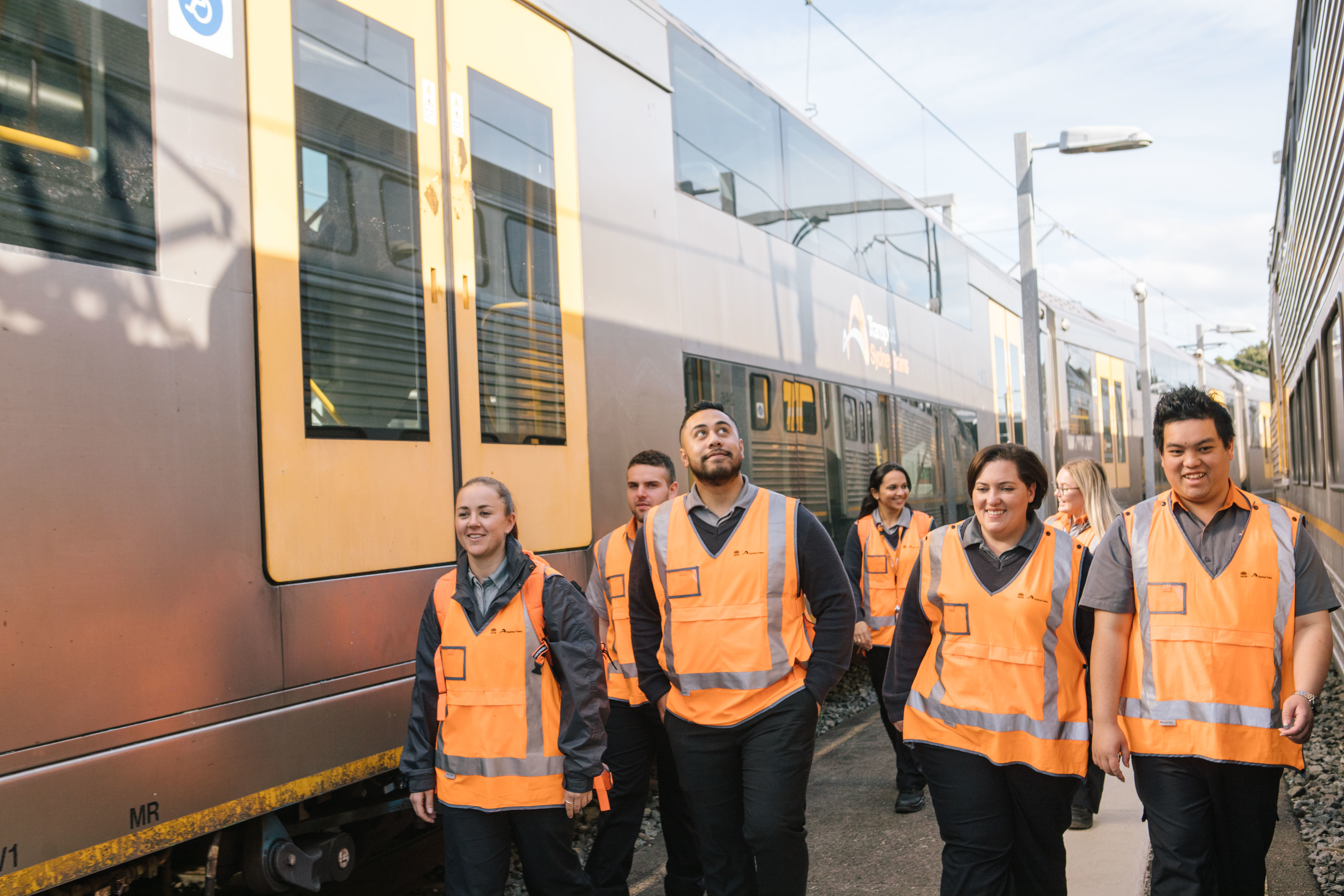Background
In December 2009 the Council of Australian Governments (COAG) agreed to establish a national rail safety regulator and develop a rail safety national law that the rail safety regulator would administer.
We developed the RSNL, based on the National Transport Commission Model Rail Safety Bill (2007) and Model Regulations (Model Law). The RSNL also addressed areas where states and territories had varied from the model bill and regulations.
The RSNL was first enacted in South Australia in 2012. All other states and territories have either adopted the RSNL or passed legislation that models it. For the current laws and regulations, visit the South Australia Legislation website.
Our recent consultation
We recently sought feedback on proposed changes to the Rail Safety National Law (Miscellaneous) Amendment Bill 2025 and the Rail Safety National Law National (Miscellaneous) Amendment Regulations 2025.
These changes are part of the regular maintenance program to ensure the RSNL and the Rail Safety National Law National Regulations (RSNLNR) remain contemporary, nationally consistent and aligned with agreed policy.
For more information on the proposed changes, please read the consultation Explanatory Document.
Key proposed changes include:
To the Rail Safety National Law (RSNL):
- Including the Chief Investigator of the Office of Transport Safety Investigations – New South Wales (OTSI) and Chief Investigator, Transport Safety – Victoria (CITS) as prescribed authorities under s13(3) of the RSNL.
- Clarifying enforcement powers of the Regulator when conducting an audit under s133 of the RSNL.
- Including road managers in s50 of the RSNL regarding “principles of shared responsibilities” under the RSNL.
To the RSNLNR:
- Enhancing uniformity and clarifying risk management terminology and requirements for Rail Transport Operators (RTO) when outlining requirements for controls and mitigating risks in an emergency management plan (RSNLNR s19).
- Correcting two minor typographical errors in s29(2)(b)(ii) and Schedule 1, clause 17 of the RSNLNRs.
Contact us
- Log in to post comments
